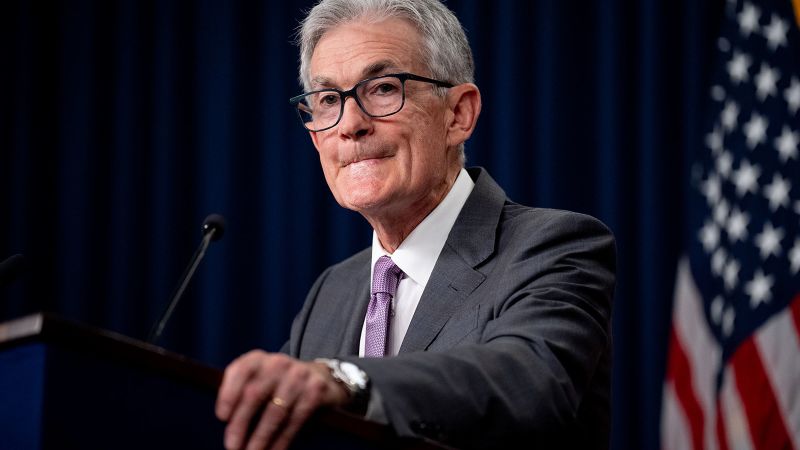Fed officials have not openly discussed how a second term for former President Donald Trump could impact the economy, as they strive to maintain their political neutrality. However, transcripts from meetings during Trump’s first term provide some insight into the concerns that top economists had about Trump’s economic agenda. Trump had campaigned on imposing significant tariffs on foreign imports, which could have far-reaching effects on the economy both in the US and globally. Lawmakers have sought the input of Fed Chair Jerome Powell to understand the potential impact of these tariffs, but Powell has remained firm in his stance of not commenting on political agendas.
The Federal Reserve’s role as an independent and apolitical agency means that they do not comment on trade policy or political matters. However, it is undeniable that the policies enacted by elected officials have an impact on the economy, and Fed officials must consider these when making decisions about interest rates. While fiscal policy can have stimulative effects on the economy, the Fed’s mandate is focused on stable prices and maximum employment, rather than evaluating fiscal policy. Transcripts from past meetings suggest that Fed officials have had legitimate concerns about Trump’s trade policy and its potential impact on the economy.
During the first meeting after Trump was elected in December 2016, Fed officials struggled with how to factor in Trump’s proposed policies when making economic forecasts that influence their monetary policy decisions. Some officials expressed concerns about the negative effects of policies restricting immigration and trade on the US economy, but ultimately decided to adopt a wait-and-see approach. While political considerations are not discussed during Federal Open Market Committee meetings, officials must assess the economic outlook and risks when setting interest rates.
As the Trump administration began to lay the groundwork for a potential trade war with China, Fed officials became increasingly concerned about the potential consequences of these policies. Some officials, including William Dudley and Loretta Mester, expressed concerns about the negative impact of Trump’s trade and immigration policies, as well as the potential increase in trade barriers that could lead to higher inflation. While the Fed strives to remain apolitical, the potential economic implications of political decisions are taken into account when making monetary policy decisions.
Fed officials understood the potential economic impact of Trump’s proposed tariffs during his first term, and expressed concerns about the negative consequences of trade barriers and restrictions on immigration. While the Fed does not engage in political discussions, they must consider the potential effects of fiscal policy when making decisions about interest rates. The independence of the Federal Reserve means that they do not comment on trade policy or political agendas, but transcripts from past meetings suggest that some officials have expressed concerns about the potential negative impact of Trump’s economic policies. Despite these concerns, Fed officials remain committed to fulfilling their mandate of stable prices and maximum employment.













